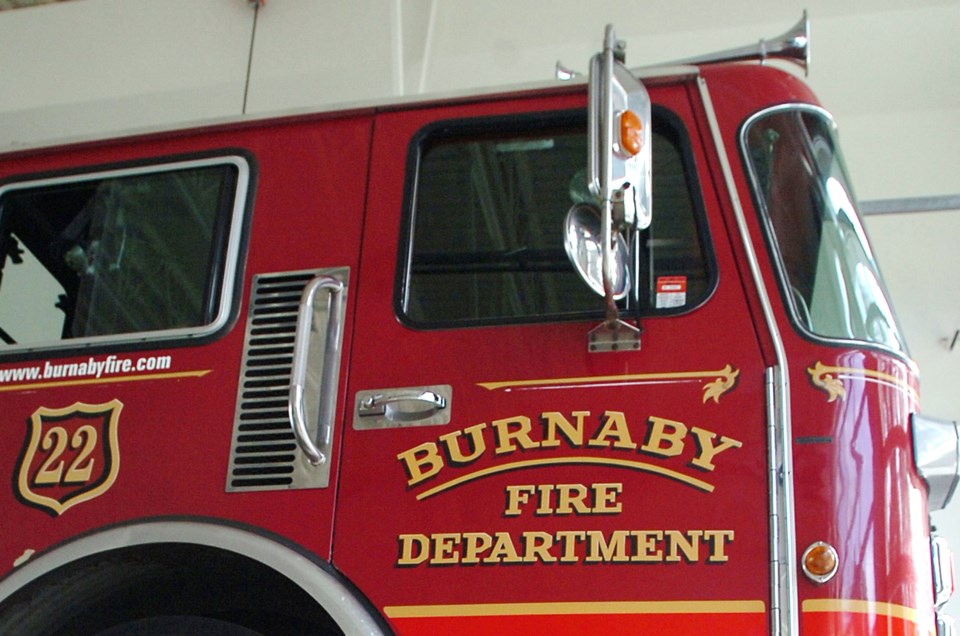It seems firefighters won't be getting a new contract anytime soon after an unsuccessful round of mediated talks between the union and the city.
Not even a third-party mediator could get the two sides to agree to a new contract when firefighters and city staff met for mediation on Feb. 5 and 6. This didn't come to much of a surprise for Rob Lamoureux, president of the International Association of Firefighters Local 323, which represents 281 firefighters in Burnaby.
"We were hoping for a third party to come in and be able to bridge the gap, but that was unsuccessful," Lamoureux said. "We both parted ways there to go to the next step, which would be arbitration."
Across the province, 15 fire departments have signed new collective agreements, 13 of which were signed freely without the assistance of a third-party arbitrator. In neighbouring New Westminster, the fire department’s union and city agreed to a seven-year contract in December, which included a 2.5 per cent wage increase retroactive to Jan. 2012. Delta firefighters, who were the first in the Lower Mainland to sign a new deal, also agreed to a longterm agreement, opting for eight years.
Of the 15 departments that have inked new contracts two, Vancouver and Prince George, did so through a third-party arbitrator. In both cases the arbitrator chose four-year contracts with a 2.5 per cent increase.
As the Burnaby firefighters’ union and city prepare to go to arbitration, the union can’t help but think it’s going to get the same deal Vancouver and Prince George got, leaving Lamoureux wondering if it’s worth even hiring an arbitrator?
But according to Lamber Chu, the deputy city manager and liaison for the Burnaby Fire Department, it’s not that simple. There are other clauses and attachments proposed for the new collective agreement that need to be decided upon.
“Those are the issues that need to be worked out. It’s not just settled on the term of the contract duration and also the wage increase,” he added.
Chu couldn’t say how much going to arbitration would cost the city until an agreed-upon arbitrator had been hired.
“It all hinges on who is available, what’s their charge-out rate and how long the arbitration will be,” Chu said. “Definitely, we’ll be looking at that cost to the city. So, at this point in time, once we get the arbitrator appointed and also a schedule set up, we’ll probably have a better handle of the costs.”
Up to this point, costs have been minimal because most of the work has been done on staff time, Chu added.
“I don’t know what the final bill is,” he said. “Probably only a couple thousand dollars for the mediator.”
Neither Chu nor Lamoureux would say what has the two parties at odds but in an earlier interview with the NOW, Chu said he hopes the city and the firefighters' union can come to an agreement through arbitration in a timely manner.
But with summer right around the corner, Lamoureux said it's unlikely they'd be able to enter into arbitration before July meaning it'll probably take until the fall to get moving on the next step.
"Unfortunately, the popular arbitrators are the busy ones and their calendars are quite full. I'd be surprised if we could probably get somebody we could agree upon within six months," Lamoureux said.
If it does take until the fall to meet with an arbitrator, it'll mean Burnaby firefighters have been without a contract for nearly four years. The previous two-year collective agreement expired in 2011 and if Burnaby follows what Vancouver and Prince George have agreed upon, Lamoureux and Chu will be back at the bargaining table come Jan. 1, 2016.



